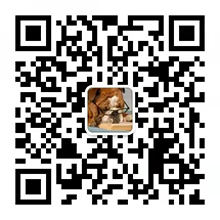there be句型的主语是there be后面的名词,谓语是be。there be后面的名词是句子的主语,属倒装结构。疑问句形式是将be或will/have/can/must等助动词、情态动词提至there之前,否定形式则直接在be或助动词、情态动词后加not。
there be的用法
1.当动词be后所接的名词是单数可数名词或不可数名词时,be 应该取单数is;当其后所接的名词是复数的可数名词时,be用复数are。
2.如果There be 后面是几个并列名词做补语时,动词be的形式和最靠近它的那个名词保持数的一致。
3.There be 句型中动词be可以有一般现在时、一般过去时、将来时和完成时。
4.There be 句型可以和各种助动词、情态动词连用。
5.There be 句型也可以和这样一些的谓语动词连用:be going to 、seem to 、appear to 、used to、be likely to 、happen to …。
6.There be 结构中除可以用be 外,还可以用其它动词。
7.There be 句型的否定句构成方式是将否定副词not放在be 之后。
8.There be 句型的一般疑问句是将be 放在主语there 之前,回答时用yes或no,后接简单答语。
there be的句型使用
There was an increase in the percentage of aging population in Japan, Swedenand the USA.
解析:通常 in +时间(如in 1940)/地点(国家、城市等);当然,在没有给出描述对象的句子中,可以用in引出描述对象
There was a general upward trend in the number of elderly people in allthree countries over the period from 1940 to 2020.
There was a slight rise from 8% in 1940 to 10% in 1960 in the percentage ofelderly people in the USA.
解析:from…to固定搭配,常常结对出现,表示“从…到…”,体现动态变化;但若上文说过起点数据,则直接写to+终点数据即可,表示“达到某个值”。
There was a sharp increase of /by 5% in the percentage of elderly people in1980 in the USA.
解析:of +数据,表示变化的差值;by+数据,同样也表示变化的净增量或净减量,用来体现动态变化。



